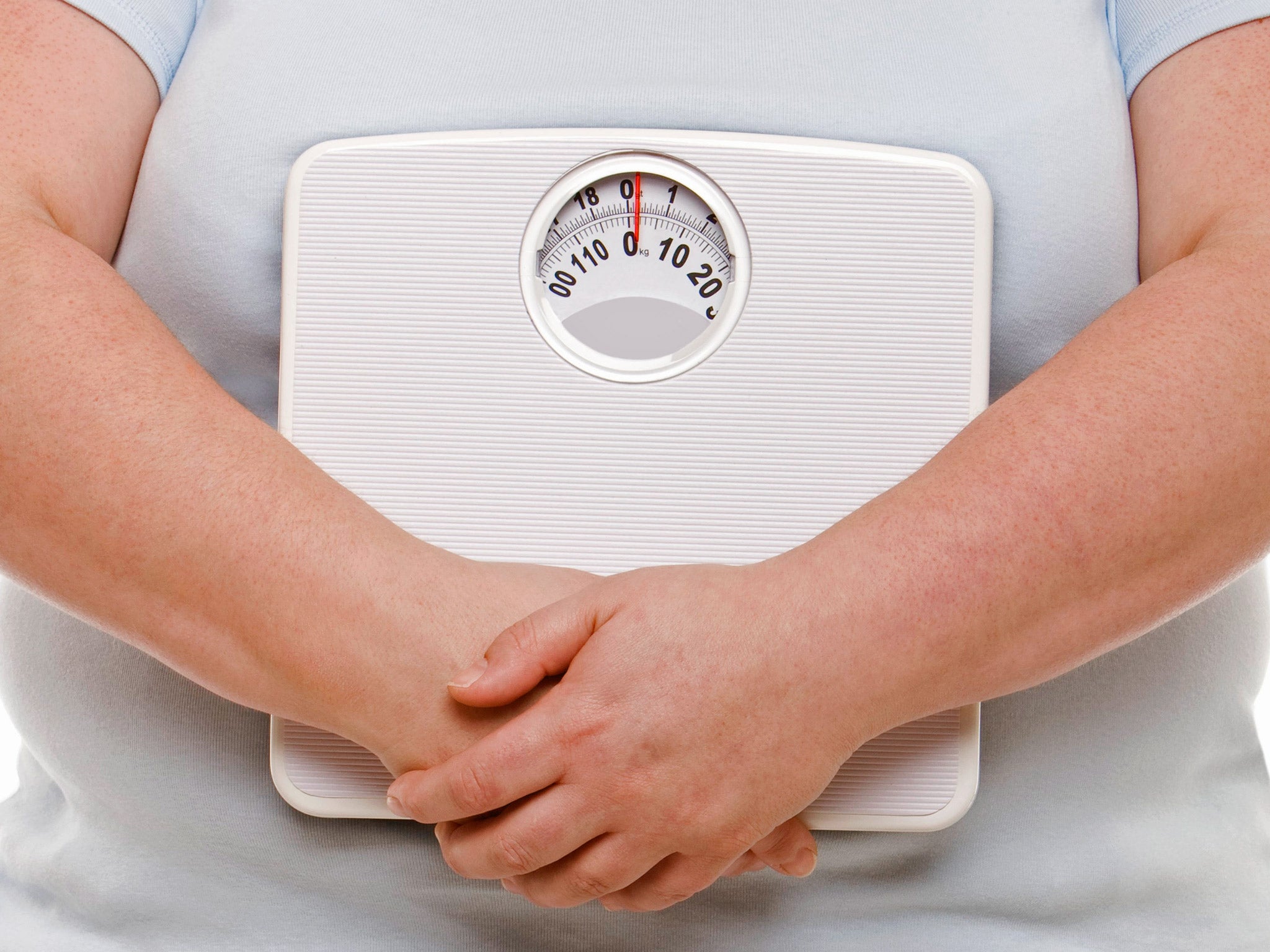The Independent's journalism is supported by our readers. When you purchase through links on our site, we may earn commission.
The five worst weight loss myths
From cutting out carbs to skipping meals

When you’re trying to lose weight, it can be easy to believe the little tips and tricks that so-called weight loss gurus tell you.
Whether it’s ditching carbohydrates completely or skipping meals altogether, it’s important to question advice that could do your health more harm than good.
Studies show that taking regular exercise and eating a healthy, balanced diet, are the most important things to consider when trying lose, and keep off, weight. So, bear these in mind the next time you hear about the a new diet cheat.
Here are some of the biggest weight loss myths – debunked.
Carbohydrates are bad
Carbs have got a bad rap over the past few decades, with the rise of diets that call for you to cut down the food group as much as possible to stop weight gain.
However, in a healthy diet carbohydrates should be the main source of energy, so including a moderate amount of carbs in your diet is sensible. The NHS recommends eating wholewheat breads, pasta and pulses to boost your fibre intake.
Skipping meals will help
If you skip meals you’re likely to get hungrier, meaning you're more likely to resort to unhealthy snacks. Restricting your diet also means the liver is not given signals for when to stop producing glucose, meaning extra sugar in the blood is stored as fat, scientists concluded in a recent study reported by the Huffington Post.
Skipping meals will also mean you miss out on important nutrients, and drops in blood sugar can leave you feeling tired and irritable.
You should swap to all low-fat options
This may seem like a sensible option, however in order to keep low-fat alternatives tasting relatively good, manufacturers add sugar, which bumps up the calorie content. Stick to products with the "usual" fat content, just reduce the intake.
Calorie counting is the most important thing
While it is important to look at calories to have a rough idea of how much you should be eating and to work out how much exercise you should be doing, calories don’t take into account how healthy or beneficial the food you’re eating is.
For example, if you’re eating 1,000 calories worth of junk food, you may be within your calorie allowance but it’s not conducive to a healthy balanced diet. So, keep an eye on calories, but remember they are not the be all and end all to losing weight.
Health experts last year warned the public against counting calories and ignoring what they are eating in the prestigious journal 'Open Heart'.
Don’t eat after a certain time
Your body doesn’t know what time it is. While you may be less active after a certain time, your body will digest food and drink the same way whether it’s the morning, noon or evening.
Dr Yoni Freedhoff, a professor at the University of Ottawa told the Daily Burn: "The time of day you fill your car with gas isn’t going to impact how far you’ll go on that tank."
However, if snacking late in the evening means you are eating "unhealthy treats", be sure to keep an eye on what you’re eating, rather than when.
Join our commenting forum
Join thought-provoking conversations, follow other Independent readers and see their replies
Comments
Bookmark popover
Removed from bookmarks